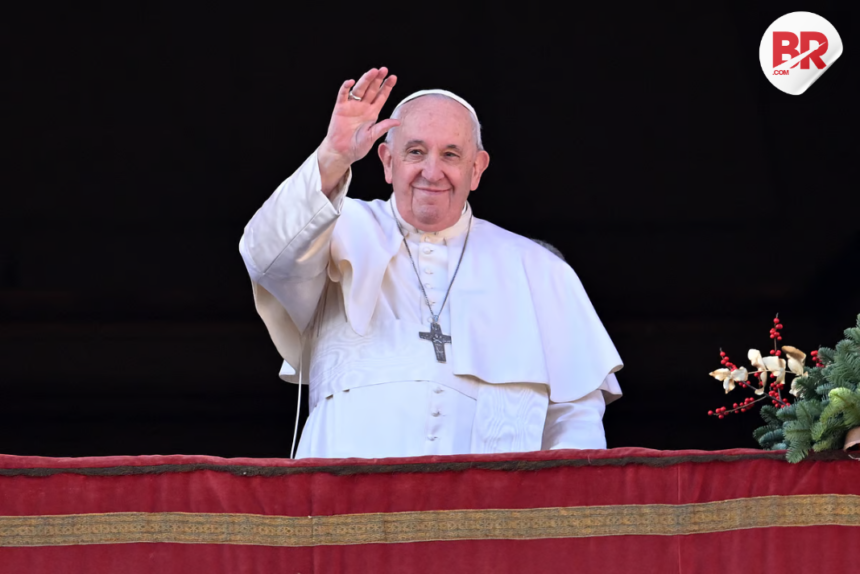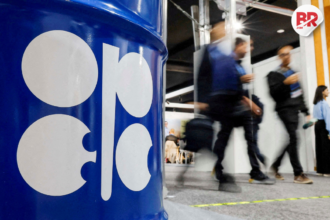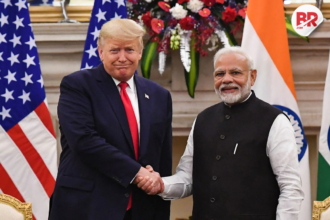
Pope Francis, the first Latin American leader of the Roman Catholic Church, has died at the age of 88. The Vatican announced his passing in a video statement on April 21, 2025.
Cardinal Kevin Farrell confirmed, “At 7:35 this morning, the Bishop of Rome, Francis, returned to the house of the Father.”

Born Jorge Mario Bergoglio in Buenos Aires, Argentina, Pope Francis was elected on March 13, 2013. He led the Church for over a decade, becoming a symbol of change—and sometimes controversy.
What This Means for the World
For over 1.3 billion Catholics and countless others who admired him, Pope Francis was more than a religious figure. He was a global moral voice.
He championed the rights of migrants, pushed for climate action, and urged dialogue between faiths. Yet, his efforts to modernize the Church stirred debate inside and outside Vatican walls.
To the faithful, he felt like the first pope you could imagine catching a bus with. To critics, he either went too far—or not far enough.
A Humble Approach to Power
One of Pope Francis’s first major decisions was to reject the lavish papal apartments. Instead, he chose to live in a modest guesthouse, sharing meals and conversations with staff and visitors.
His simplicity won praise. But it wasn’t just about lifestyle—it was a statement. The pope believed in leading from the heart, not the throne.
Still, some traditionalists felt alienated. His call for a “poor Church for the poor” clashed with centuries of formality.
Also Read JD Vance Visits India on a Diplomatic Charm Offensive: But What’s the Endgame?
A Church in Tension
Progressives hoped Pope Francis would rapidly change Church stances on LGBTQ+ rights, women’s roles, and clergy celibacy.
Conservatives bristled when he criticized capitalism, embraced science, or welcomed divorced Catholics back to Communion.
Caught between both sides, Francis moved with caution. He opened conversations but rarely slammed doors shut—or flung them wide open.
In this way, he became a mirror: believers saw what they hoped or feared.
Health and the Weight of Leadership
In recent months, Pope Francis battled several health issues, including a severe bout of double pneumonia. Despite his condition, he continued public duties when possible.
Many wondered if he would follow Pope Benedict XVI’s precedent and resign. But Francis stayed the course.
With Benedict’s death in 2022, Francis stood alone as a singular spiritual guide in the Vatican once again.
Also Read Delhi-Noida Traffic Jam: Was JD Vance’s Visit to Blame for the Chaos?
Shaping the Future
As of February 2025, Pope Francis had appointed 80% of the cardinals eligible to vote for his successor. That means his influence is far from over.
His choices may pave the way for another pope who sees the Church as a living, breathing, changing entity—not a museum.
One Era Ends, Another Begins
Pope Francis left behind a Church still divided, still questioning itself—but also more open, more engaged with the world.
He made enemies by being empathetic. He made headlines by being human.
And now, the world waits—for mourning, for direction, and for the next voice in white robes.
Also read Vance Visit Tests India-US Relations as China Exclusion Roils Global Trade












